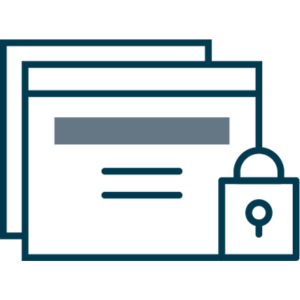Achieve PCI DSS Compliance Without Confusion
Whether a small company or a large enterprise, if your business accepts, stores, or transmits card data, Payment Card Industry Data Security Standard (PCI DSS) compliance is required on an annual basis. With different levels of compliance and the requirements ever evolving, it’s beneficial to have a Qualified Security Assessor (QSA) working alongside your team to achieve and maintain PCI DSS compliance so you can continue to focus on your business objectives.











